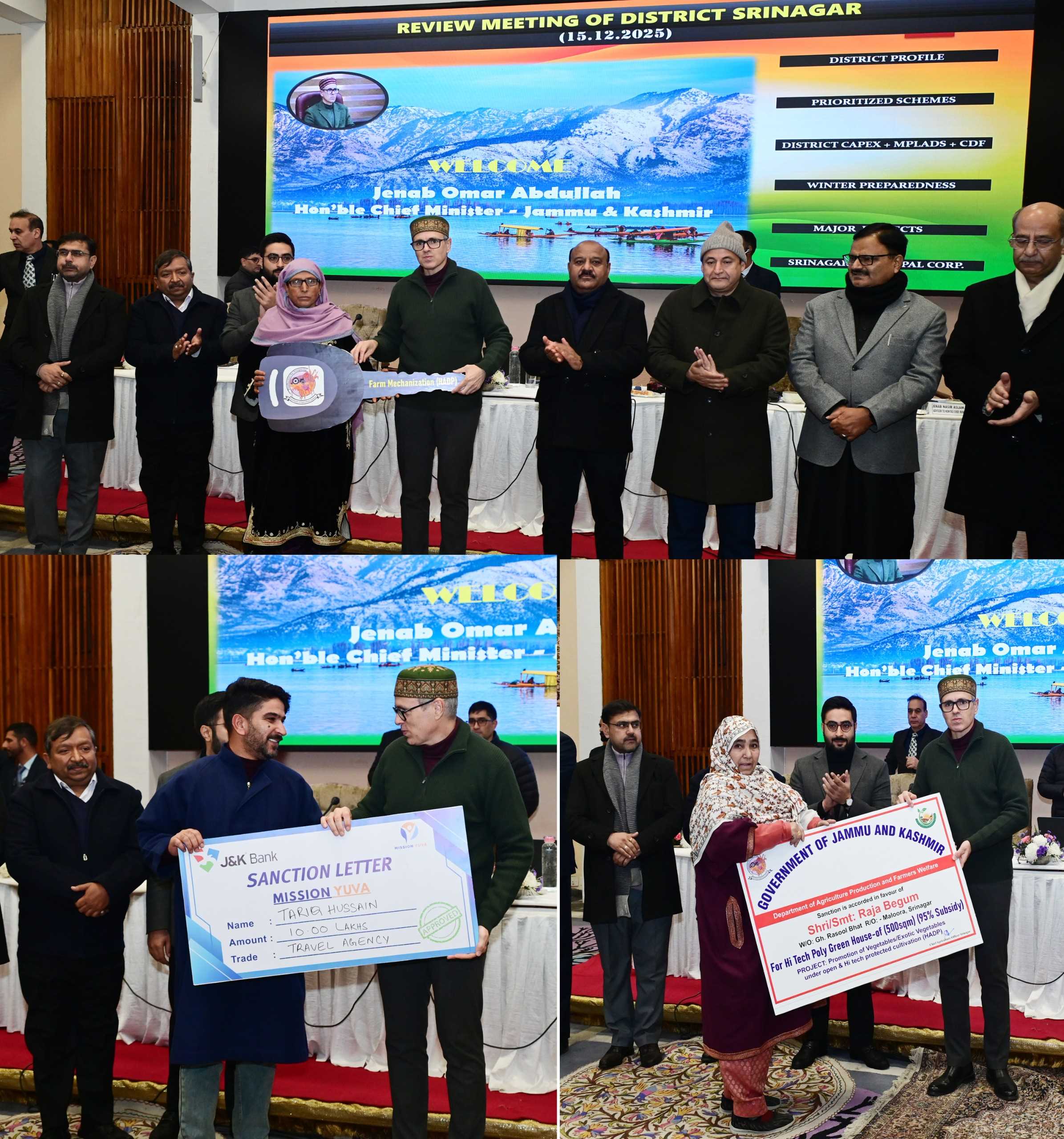In today's digital age, learning resources have expanded beyond traditional books to include interactive and visual platforms like YouTube. Both mediums offer unique advantages, catering to different learning styles and preferences. While books provide in-depth, structured knowledge, YouTube offers engaging, easily accessible content with expert explanations. But which is more effective? Let’s compare them based on depth of information, engagement, accessibility, retention, and expert-led learning.
Depth of Information
Books
Books are often written by scholars, researchers, and professionals who provide well-researched, structured, and detailed information. They undergo rigorous editing and peer review, ensuring credibility and accuracy. Books are particularly valuable for subjects that require deep understanding, such as philosophy, history, and science. However, they demand strong reading comprehension and concentration.
YouTube
YouTube offers vast content, but the depth of information varies. Some channels provide simplified overviews, while others, led by experts and institutions, offer in-depth discussions and detailed explanations. However, not all content is peer-reviewed, and misinformation can be a concern.
Winner: Books (for depth and credibility)
Engagement and Learning Experience
Books
Reading is an active form of learning that requires focus and imagination. However, books can sometimes be dense and challenging to engage with, especially for visual and auditory learners.
YouTube
YouTube videos use visuals, animations, and real-life examples to enhance engagement. Seeing an expert explain a concept visually makes learning more interactive and easier to grasp, especially for complex topics like physics, medicine, and coding. Unlike books, YouTube caters to all types of learners—visual, auditory, and kinaesthetic—making concepts more digestible.
Winner: YouTube (for engagement and accessibility).
Accessibility and Cost
Books
Books can be expensive, especially academic textbooks. While libraries and digital platforms offer free or affordable options, access is still limited compared to YouTube. Additionally, reading requires dedicated time and effort.
YouTube
YouTube is completely free and accessible from anywhere with an internet connection. Learners can instantly access educational content on a wide range of topics, from university lectures to hands-on tutorials. This makes it a powerful tool for those who lack access to formal education or expensive study materials.
Winner: YouTube
Retention and Long-Term Learning
Books
Reading books promotes deep cognitive processing, leading to better retention. Taking notes, highlighting key points, and re-reading sections reinforce learning. Books also encourage critical thinking and analytical skills.
YouTube
YouTube videos provide quick insights but may encourage passive consumption. However, channels with interactive elements, quizzes, and real-world applications help improve retention. Studies suggest that watching an expert demonstrate a concept visually enhances understanding and memory better than reading alone.
Winner: Books (for long-term retention, but YouTube aids understanding).
Learning From Experts
Books
Books written by industry experts, professors, and researchers offer reliable knowledge. However, they require readers to interpret complex ideas independently, which can be challenging without prior knowledge.
YouTubeYouTube lets learners watch experts explain and demonstrate concepts visually, making complex subjects more accessible. Platforms like TED-Ed, Khan Academy, and MIT Open Courseware provide direct access to university-level education from top professionals, often in an engaging format.
Winner: YouTube (for expert-led, visual learning).
For scientific and engineering content, YouTube videos are often more effective than books, especially for beginners or those who struggle with abstract concepts. Here’s why:
Visual and Practical Demonstrations
Many engineering and scientific concepts involve complex diagrams, formulas, and physical phenomena. Seeing these concepts in action (through animations, simulations, and real-life experiments) makes them easier to understand.
For example, fluid mechanics or circuit analysis is much clearer when watching an experiment or simulation rather than just reading equations in a book.
2. Expert Explanations and Real-World Applications
Watching professors, engineers, and scientists explain concepts step by step helps clarify difficult topics.
YouTube channels like Verita Sium, Khan Academy, MIT Open Courseware, and Engineering Explained provide expert insights in a way that’s more digestible than a textbook.
Faster and More Engaging Learning
ooks require self-interpretation, which can be tough without prior knowledge.
YouTube’s interactive and engaging format (animations, whiteboard sessions, real-world examples) helps retain information better than reading static text.
Accessibility and Cost
YouTube is free, while many engineering textbooks are expensive.
Videos are easily available, whereas books may require purchasing or library access
Final Verdict: Which Is More Effective?
The effectiveness of books vs. YouTube depends on the learner’s needs:
✔ For deep knowledge and long-term retention: Books are superior.
✔ For visual, expert-led, and free learning: YouTube is more effective.
Best Approach? Use Both!
Read books for in-depth knowledge and retention.
Watch YouTube to reinforce learning through expert demonstrations and visual explanations.
By combining both, learners can achieve a well-rounded, effective educational experience!
Email:--------------------------------------- reyaz56@gmail.com







